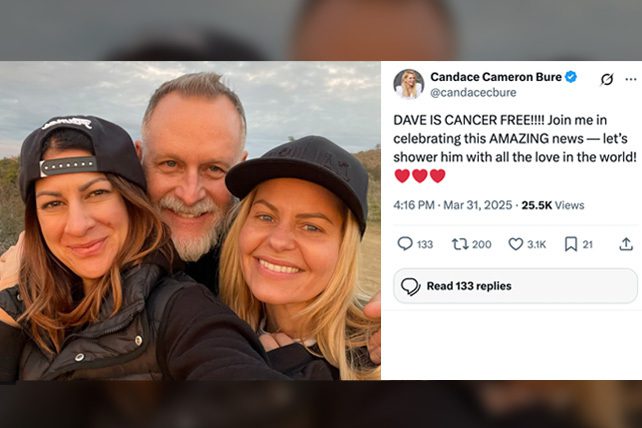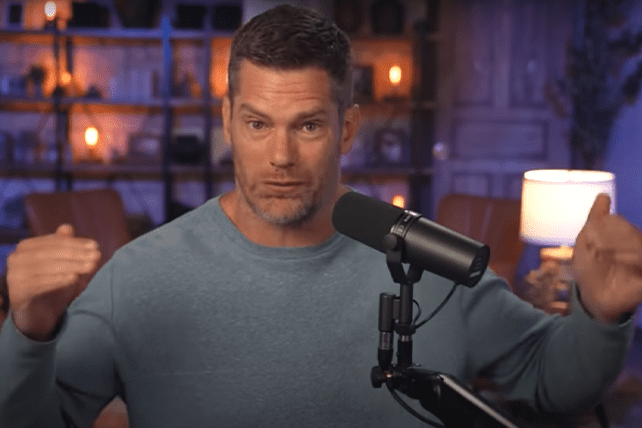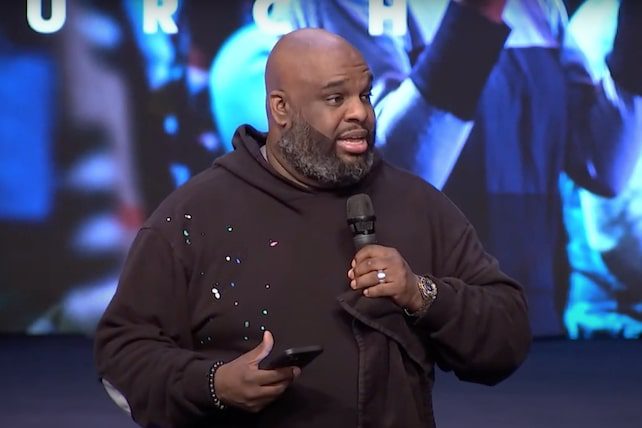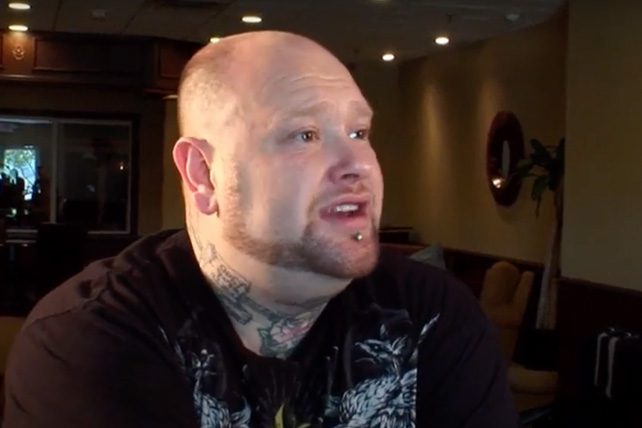The eight-day mission of NASA astronauts Barry “Butch” Wilmore and Suni Williams didn’t go according to plan. But Wilmore, an outspoken Christian, said God’s plans are greater and filled with purpose.
During a March 31 press conference, the 62-year-old astronaut testified about God’s sovereignty and talked about participating in worship and Christian fellowship during nine months aboard the International Space Station (ISS).
Wilmore and Williams, who returned to Earth safely on March 18 via the SpaceX Dragon capsule, answered questions Monday about life in space. A reporter who’d heard that Wilmore continued attending church services virtually asked why that was so important to him.
“The Word of God, continually infilling me, I need it,” Wilmore responded. He called his pastors “the finest…on or off, in this case, the planet.” While in space, the astronaut worshiped weekly with his home congregation, Providence Baptist Church in Pasadena, Texas. Wilmore serves as an elder at the church, located near the Johnson Space Center in Houston.
RELATED: NASA Astronaut Emphasizes Prayer Ahead of First Manned Moon Mission in 50 Years
During the unexpected delay, being able to “worship with my church family was vital,” said Wilmore. “It’s part of what makes me go.” In addition to worshiping virtually with Providence Baptist, Wilmore also watched services at a friend’s church in Tennessee “every single week” while at the ISS.
Astronaut Butch Wilmore: ‘I Need That Fellowship’
The weekly worship and fellowship opportunities while in orbit were “invigorating,” Wilmore said. “Part of what I need, as a believer in Jesus Christ, to continue that focus [is] a system, day in and day out,” he said. “Because I need that fellowship, even though it’s fellowship from afar.”
Christian fellowship from 250 miles above the Earth isn’t like “fellowship up close,” Wilmore admitted, “but still I need it.” From space, the astronaut led devotions and sang “Amazing Grace” with his home congregation.
Tommy Dahn, pastor of Providence Baptist, said in an interview last August that Wilmore “ministers to us, almost.” For example, the astronaut often called fellow congregants from space to share words of encouragement with them. The driving force behind all that? “The chance to share the gospel and proclaim Christ Jesus as Lord,” according to Wilmore.
‘God Is Always Good,’ Butch Wilmore Proclaims
At Monday’s press conference, a reporter asked about the life lessons the astronauts learned from having their “plans kind of fall apart.” Wilmore immediately referenced his faith, saying he centers his life “in my Lord and Savior, Jesus Christ,” who is “the end all, be all.”






























